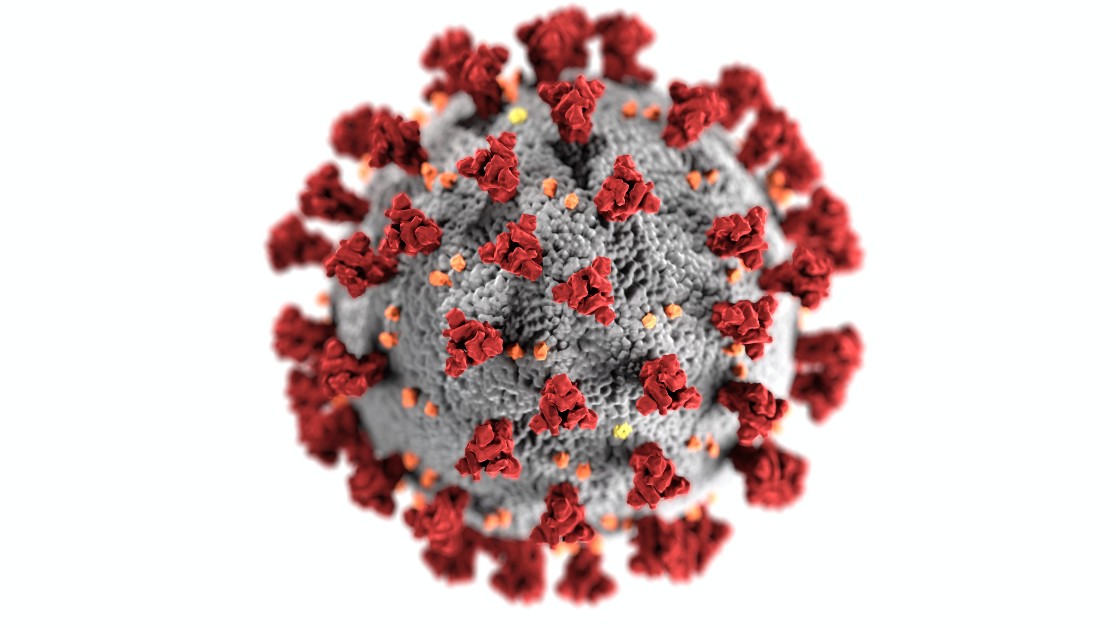If Coronavirus(COVID-19) is increasing drastically in your neighborhood, stay safe by wearing a mask, social distancing, wash your hands, avoid crowds, and touching your face.
The new coronavirus is called SARS-CoV-2, which causes severe acute respiratory syndrome covid 2.SARS-CoV-2 is a variant of other coronaviruses.
The indication shows that SARS-CoV-2 may be transmitted more easily and cause life-threatening illnesses in some people. Like other coronaviruses, it can survive in the air and on surfaces long enough for someone to contract it.
Nevertheless, SARS-CoV-2 multiplies faster in the body even when you don’t have symptoms. you can transmit the virus even if you never get symptoms at all. Some people have mild to moderate symptoms only, while others have severe COVID-19 symptoms.
Important Ways to Slow the Spread
Wear Mask nose and mouth to help protect yourself and others.
Maintain 6 feet distance from others
Avoid going outside and crowds till its not emergency
Wash your hands regularly with soap and water and use hand sanitiser in case if soap is not available
Wear a mask
- Everyone should wear a mask while going outside
- If someone in your household is infected, people in the household should take precautions including wearing masks to avoid spread to others Wash your hands or use hand sanitizer before putting on your mask.
- Wear your mask over your nose and mouth and secure it under your chin.
- Fit the mask snugly against the sides of your face, slipping the loops over your ears or tying the strings behind your head.
- If you have to continually adjust your mask, it doesn’t fit properly, and you might need to find a different mask type or brand.
Stay 6 feet away from others
- If possible, maintain 6 feet between the person who is sick and other household members.
- Outside your home: Put 6 feet of distance between yourself and people who don’t live in your household.
- Remember that some people without symptoms may be able to spread the virus.
Avoid crowds and poorly ventilated spaces
- Being in crowds like in shops, restaurants, bars, or malls puts you at higher risk for COVID-19.
- Avoid indoor spaces that do not offer fresh air from the outdoors as much as possible.
- If indoors, bring in fresh air by opening windows and doors, if possible.
Wash your hands often
- Wash your hands regularly with soap and water for at least 20 seconds especially after being in a public place, or after blowing your nose, coughing, or sneezing.
- If soap and water are not readily available, use a hand sanitizer. Cover all surfaces of your hands and rub them together until they feel dry.
It’s especially important to wash:
- Before eating or preparing food and touching your face
- After using the washroom, leaving a public place, blowing your nose, coughing, or sneezing
- Moreover after handling your mask, caring for someone sick, touching animals, or pets
If you are wearing a mask:
You can cough or sneeze into your mask. Put on a new, clean mask as soon as possible and wash your hands.
If you are not wearing a mask:
Always cover your mouth and nose with a tissue when you cough or sneeze, or use the inside of your elbow and do not spit.
Throw used tissues in the trash
Immediately wash your hands with soap and water for at least 20 seconds. If soap and water are not readily available, clean your hands with a hand sanitizer.
Clean and disinfect
- Clean surfaces daily. This includes tables, doorknobs, light switches, countertops, handles, desks, phones, keyboards, toilets, faucets, and sinks.
- If someone is sick or has tested positive for COVID-19, disinfect frequently touched surfaces. Use a household disinfectant product from EPA’s List N: Disinfectants for Coronavirus (COVID-19)external icon according to manufacturer’s labeled directions.
- If surfaces are dirty, clean them using detergent or soap and water prior to disinfection.

